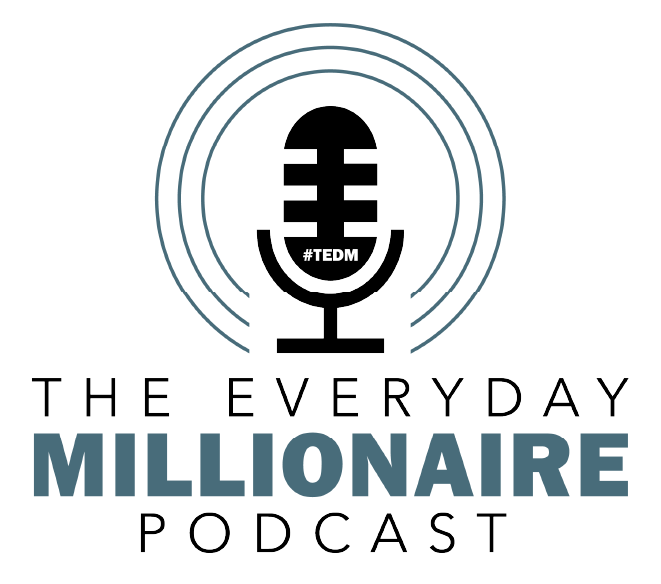June 5, 2025
Mastering the Lonely Chapter: A Roadmap to Personal Growth & Clarity

I used to picture growth as a smooth ascent—new habits, sharper skills, higher goals. Lately I’ve realized the terrain is much messier. When you commit to genuine personal growth, you enter an in-between space where yesterday’s identity no longer fits and tomorrows hasn’t fully formed. It feels like standing in a doorway with no familiar faces waving you through. I’ve come to call this stretch the “lonely chapter.”
What makes the lonely chapter so unnerving is that it challenges every comfort cue we rely on. We still crave approval from the circles that shaped us, yet the work we’re doing—upgrading mindsets, changing daily rhythms, choosing new standards—can unsettle those very circles. Friends wonder why we’re “so into” meditation or nutrition, colleagues tease us for reading mindset books at lunch, and family may subtly remind us how convenient our old patterns were for them. In those moments it’s easy to interpret discomfort as a signal to turn back. But discomfort is simply feedback that we’re leaving the familiar.
The antidote is twofold: clarity and community. Clarity keeps us anchored to the bigger “why,” while community provides the mirrors and sounding boards that make long-term change sustainable. Clear vision generates velocity, but velocity also generates friction—so we need people who understand the sparks that fly when we accelerate.
Below are the five lessons I revisit whenever that friction heats up:
Key Takeaways:
- Growth feels lonely before it feels rewarding. The isolation is temporary; it’s proof you’re evolving, not stumbling.
- Clarity equals velocity. Define who you’re becoming in vivid detail—habits, values, environments—so momentum has direction.
- Friction is feedback, not failure. Resistance from others (or within) highlights the exact beliefs ready for upgrade.
- Curate your conversations. Seek mentors, peers, and resources that celebrate change instead of tolerating it.
- Measure compassion alongside progress. The more empathy you extend—to yourself and to skeptics—the faster trust (and transformation) grows.
When I apply these principles, the lonely chapter becomes less about emptiness and more about authorship. I’m no longer waiting for someone else to turn the page; I’m writing the next one with intention. In practice, that means blocking out quiet mornings for deep work, staying alcohol-free to protect energy and cognition, and opening genuine space for clients or friends to speak without judgment. The by-product? People feel safe to share, and in that safety fresh collaborations emerge.
If you’re navigating your own identity shift, remember: you’re not actually alone—you’re ahead of your past patterns. Keep flipping the pages. The tribe that resonates with your new frequency will find you, but only if you stay the course long enough for them to recognize the signal.







